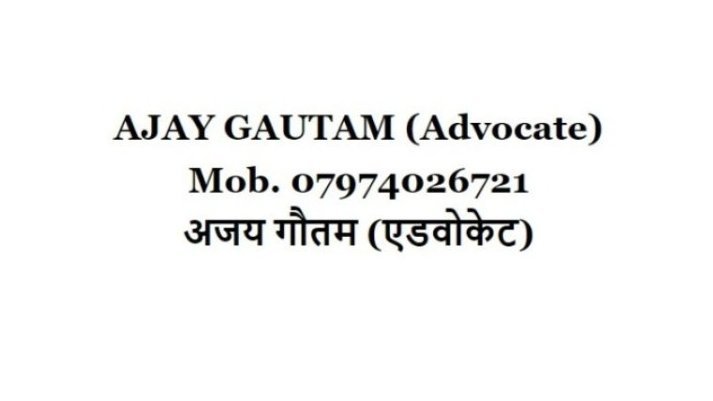A Vakalatnama is a written authorization by which a client formally appoints an advocate to represent them in a court of law. It grants the lawyer the legal power to act, plead, file documents, and make decisions on the client’s behalf during the proceedings.
A Vakalatnama is a crucial legal document in the Indian legal system, essentially an authorization by which a client empowers a specific advocate or lawyer to represent them in a court of law, tribunal, or other legal forum. It formally appoints the legal professional to act on the client’s behalf, allowing the advocate to take all necessary steps related to the case, such as filing plaints, written statements, applications, examining witnesses, arguing the matter, and making necessary compromises or agreements, subject to the terms stated within the document. This document, which must be duly signed by the client and accepted by the advocate, confirms the lawyer-client relationship for a particular case and is typically filed along with the initial legal pleading to establish the advocate’s authority to appear.
A Vakalatnama is a legal document, also known as a power of attorney or memorandum of appearance, executed by a client in favor of an advocate in India under the provisions of the Advocates Act, 1961, and Order III of the Code of Civil Procedure, 1908, authorizing the lawyer to represent them in court proceedings, file pleadings, argue cases, compromise disputes, and perform all necessary acts on their behalf during the litigation process, thereby establishing the advocate’s authority to act without the client’s physical presence in every hearing.
